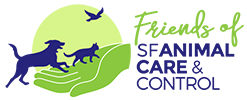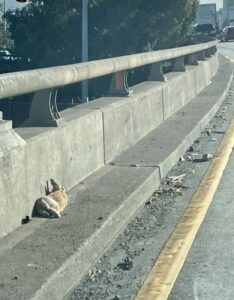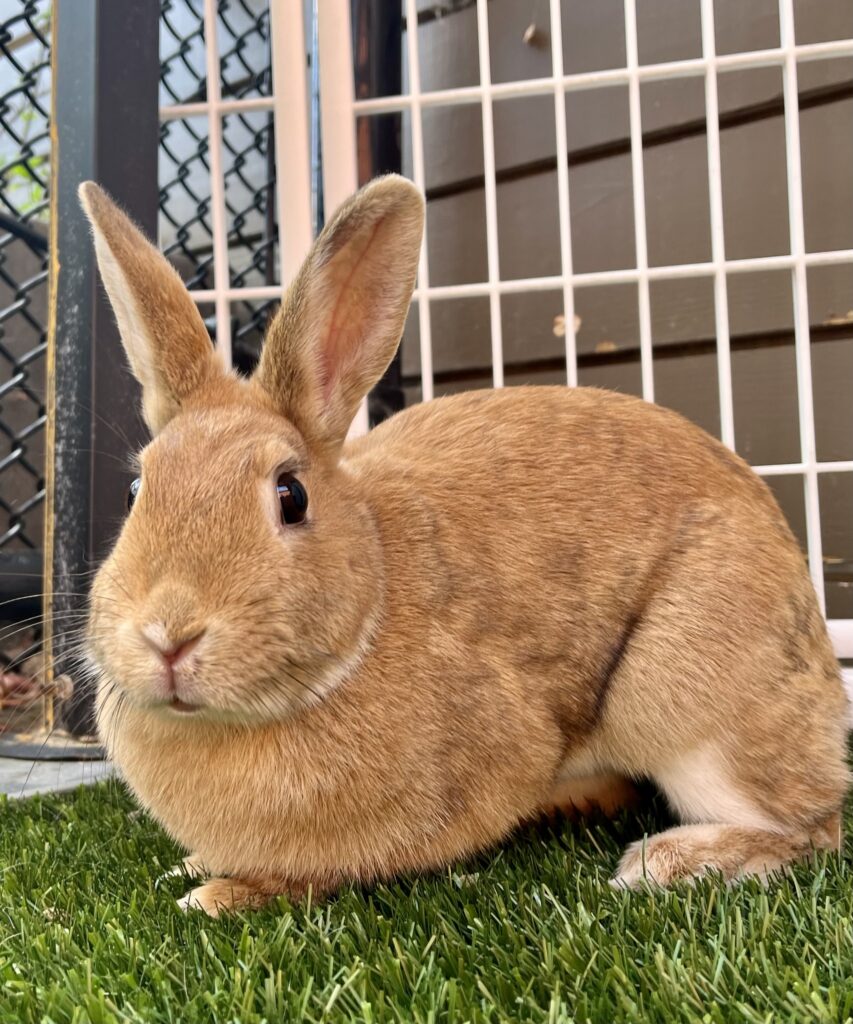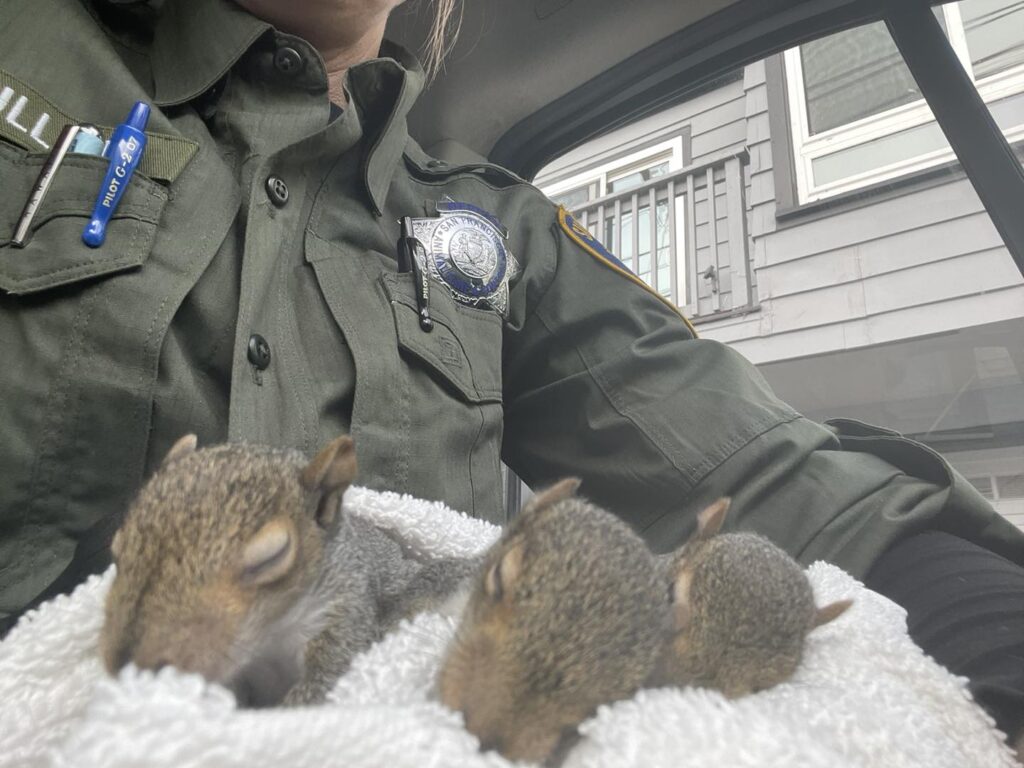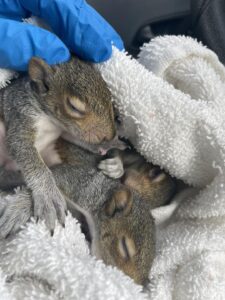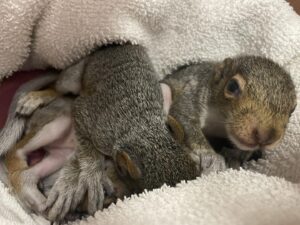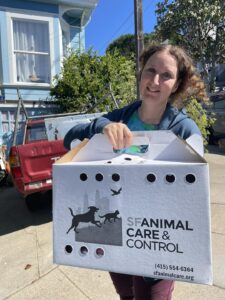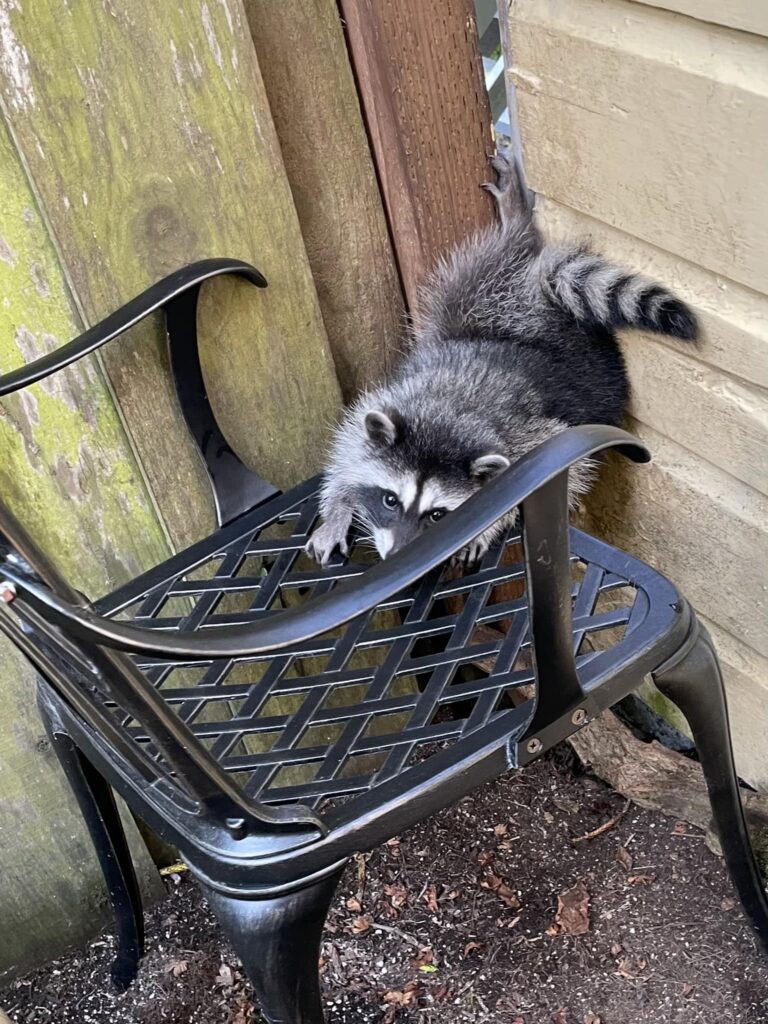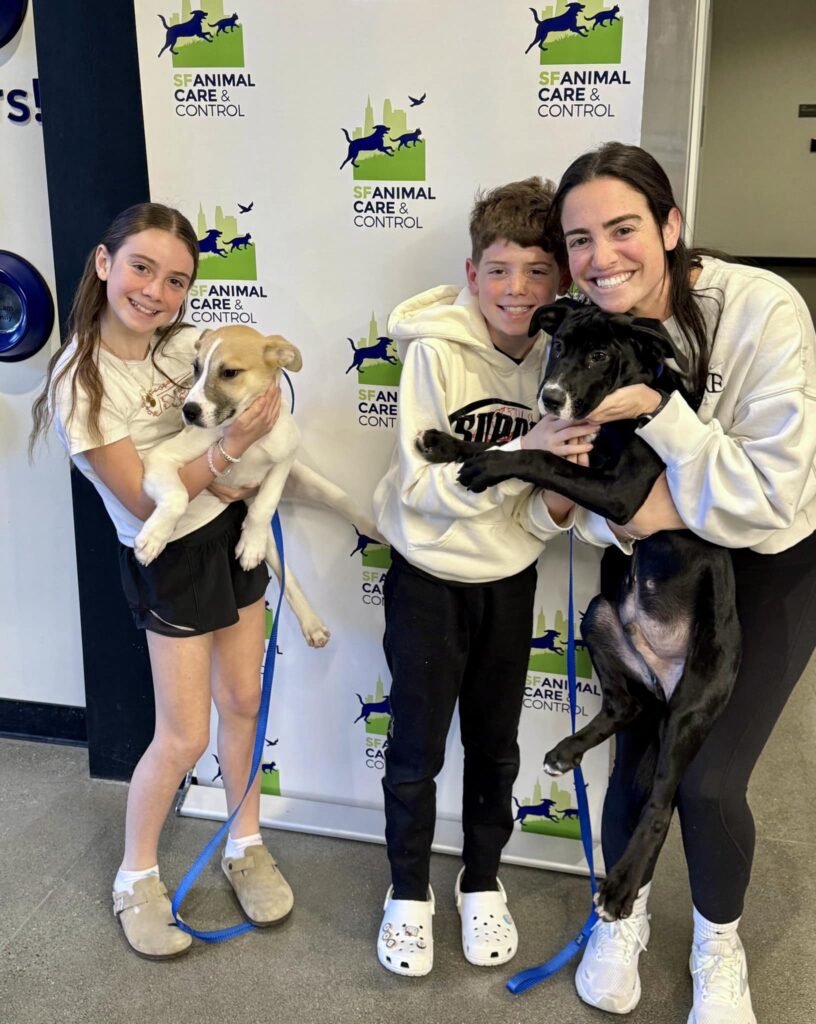
Puppies Snickers and Fernando went home together. Lots of fun is in store for that happy family!
What a great weekend for guinea pig adoptions! Lenny (pictured) and his fantastic hairdo went home with his new family. And two sets of bonded pairs were also adopted: Anna & Elsa and Caruso & Pavarotti.


Sweet Miss Madeline was adopted Monday and we already got photos of her cuddled in with her new family. That girl likes to snuggle in close!
Adoption update! Handsome brindle boy Barnaby was adopted in April of last year after waiting patiently for 4 months. He may be even more handsome now based on this photo (how is that even possible?!) “Barnaby aka as Barney or Biz says hello to his friends at ACC!”


An update on scrumptious puppy Scrappy (formerly known as Walker): “He’s doing wonderfully! He’s full of energy, cuddles and wonder. He weighs about 13 pounds at 13 weeks. He was 5 pounds and 9 weeks when we got him a month ago! He will be ready to walk on leash by mid-March and we are so thankful to have him.”
Bantum


Bric and Brac were adopted together. Yay!
Cashew and Peanut, a bonded kitten pair, were adopted together. Update from their dad: “So grateful for the new housemates! They are already settled in, purring, playing and cleaning each other.”

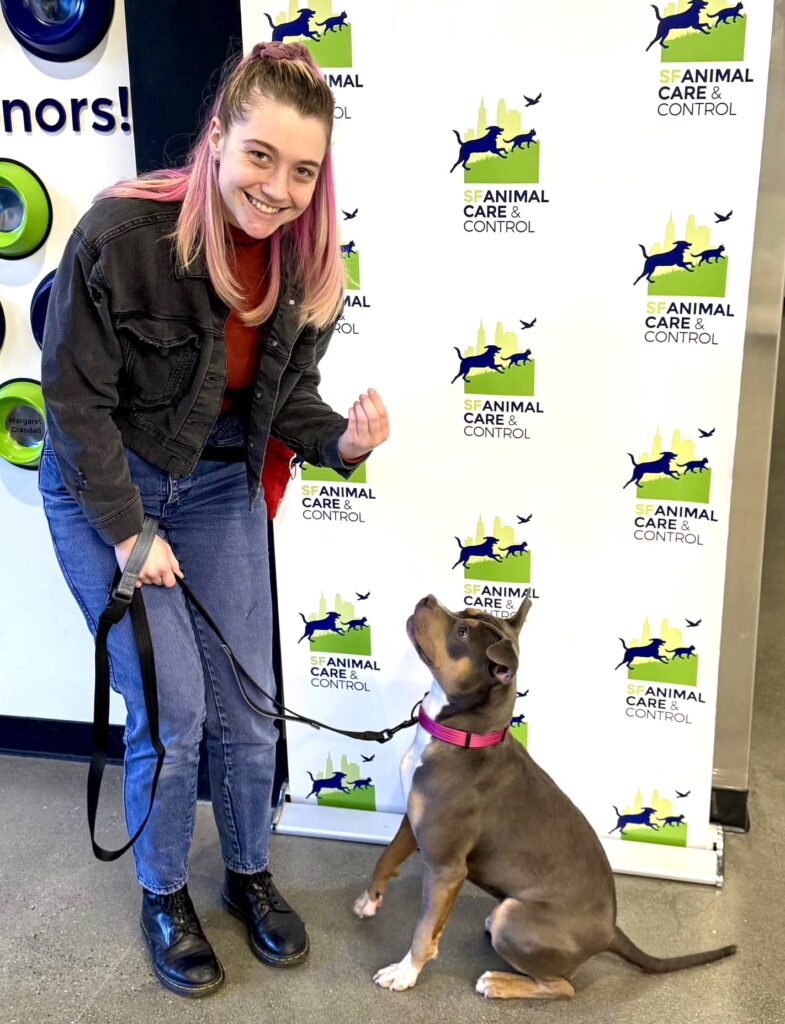
Dream
Griffin


Big handsome pup Dax was adopted last June and is loving his forever home, complete with trips to the beach and cuddles with his dog sibling. “He’s seriously the most cuddly loving pup. And at 85 lbs that’s especially adorable. I think he thinks he’s a chihuahua.”
Lil’ Mama


Marlon
Pongo
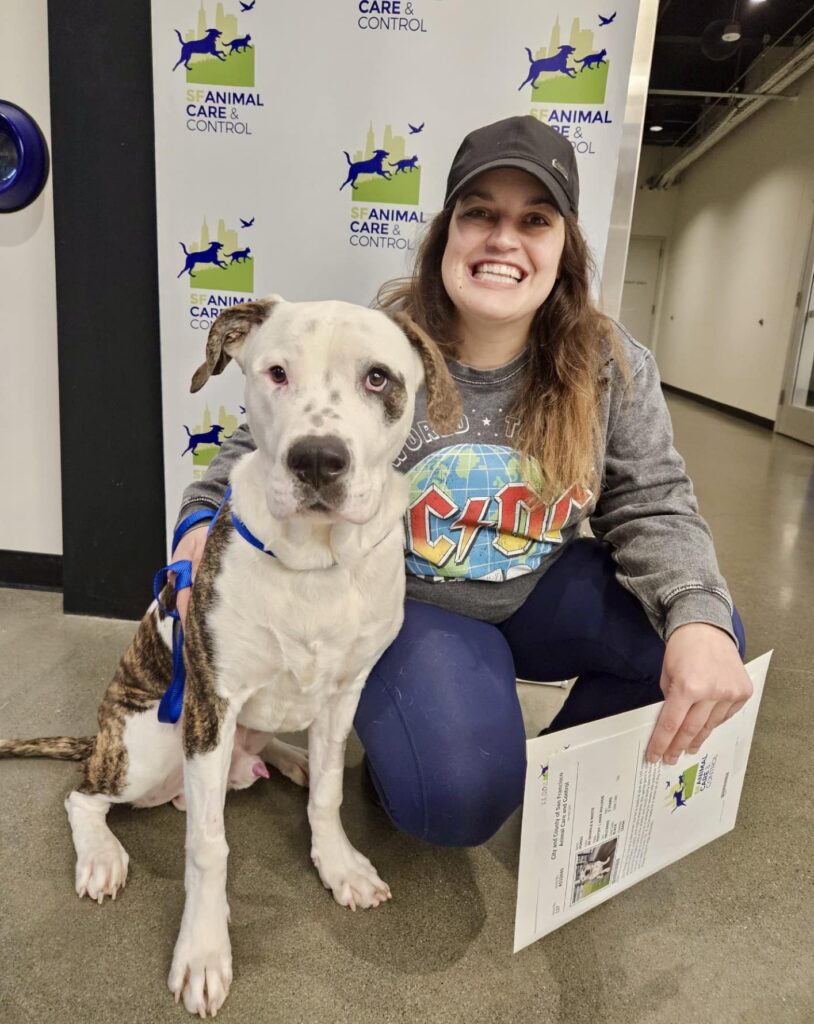

Little scruffimuffin Hitchhike has caught a ride with her forever family.
Zuko

“Dear Animal Care Staff:
Just wanted to send you an update now that I’m happily ensconced in my new home. My adoptive parents Spencer & Darcy were initially quite shocked by how easily I made myself at home in their Inner Sunset flat.
Just so you know, my name has been changed from Tornado to my dad’s idea of a cute name: Tomato or Tomi for short. But I still take every opportunity I can to tear through the house from one end down a long, long hall to the other end at lightning speed, always taking a high jump onto the sofa up front to finish.
My new parents think they are the bosses, but I know better. They’re at my beck and call all day long: feeding me, playing with me, cleaning my litter box, playing with me, and cuddling with me. So I want to thank you for making this new cushy life possible.
FYI – I was taken to my parents’ fav former vet for an exam; and I passed with flying colors. Dr. Helmer says I don’t have to come by until next year, which was a big relief. She also didn’t charge for the visit, which was mighty kind.
Thank you for the 20% off on toys at Pet Express. I have already gone through two birds on a wand, so this discount has allowed my parents to keep me occupied with my favorite toy day & night. I even carry the wand in my mouth to deposit on their bed reminding them to play even more with me. They’re not exactly young, so this play has been good exercise for them, whether they like it or not.
I hope all the felines residing present & future at ACC have the good luck that I have had. Thank you for your excellent care and comfy facility while I was waiting to find my ideal family.
Lots of licks,
Tomato (aka Tornado)

